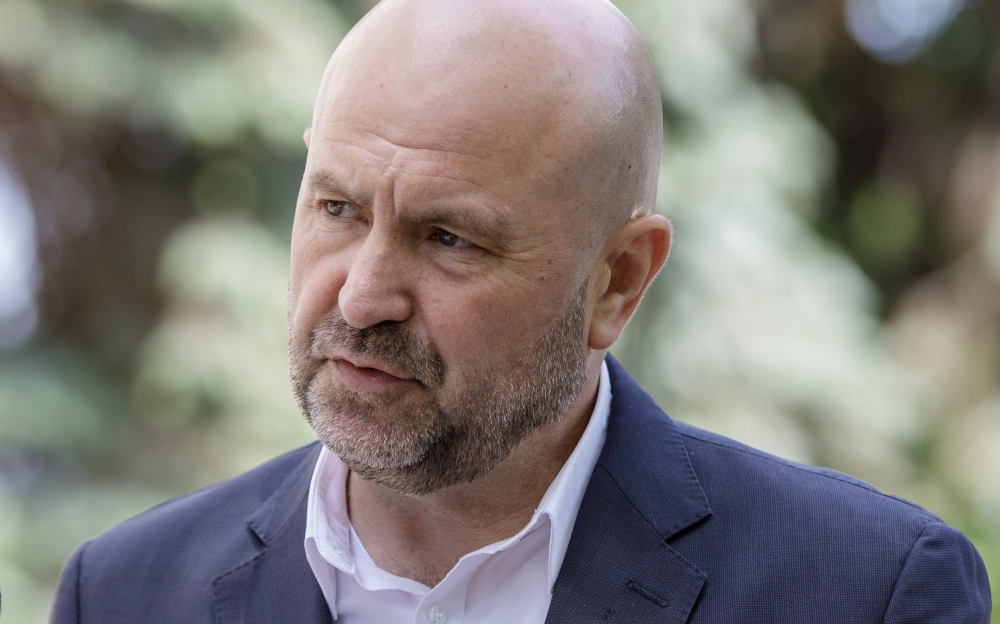As Moldova appears headed toward legalizing the cultivation of industrial hemp, stakeholders have outlined several key considerations that should be addressed in pending legislation.
Representatives of several organizations who spoke at a press conference this week said amendments under consideration should include a clear definition of industrial hemp, should simplify licensing under authority of the country’s food safety agency and the agriculture ministry, and limit growers to hemp varieties included in the European catalog of agricultural crops.
The groups also called on the government to provide support for the development of processing infrastructure, the commercialization of hemp products and the education of farmers.
In the works
Vladimir Bolea, Minister of Agriculture and the Food Industry, said in June that a project to develop a legal hemp program has received approval from the National Anti-Corruption Center and awaits final government approval before being submitted to the Cabinet of Ministers.
Natalia Papuc, representative of AO MOVCA, an organic agriculture association, said the existing regulatory framework in Moldova does not distinguish between hemp and marijuana in drug laws. That means hemp farming is allowed only under strict authorization of the Permanent Drug Control Committee, a complicated and daunting process for farmers.
Victor Melnic, president of the Moldovan Association of Aromatic and Medicinal Plant Producers, said growing hemp in Moldova will bring benefits to the the country’s economy and ecology, and has the potential to increase farmers’ income and create jobs.
Optimal growing conditions
Melnic said hemp is found in the spontaneous flora of Moldova, and that the country offers optimal growing conditions for hemp crops.
In making his announcement last month, Minister Bolea said he expected the government’s approval for changes in the law affecting hemp by the end of this month, but that has not happened yet.
“Farmers are requesting permission to grow this crop because it’s resistant to drought. We need to understand factors like yield per hectare, weather conditions, and potential seed buyers to ensure Moldovan farmers make informed decisions, not gambles,” Bolea said.
A part of historic hemp powerhouse Romania up until 1939, Moldova has a tradition of using hemp in textiles, nutrition and medicine.
Agriculture accounts for around 12% of Moldova’s GDP and employs approximately 27% of the labor force. Moldova’s agriculture is primarily focused on grains, sunflowers, sugar beets, and fruits.

